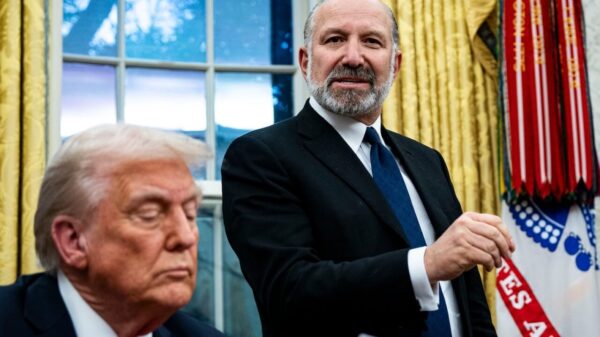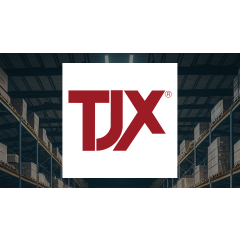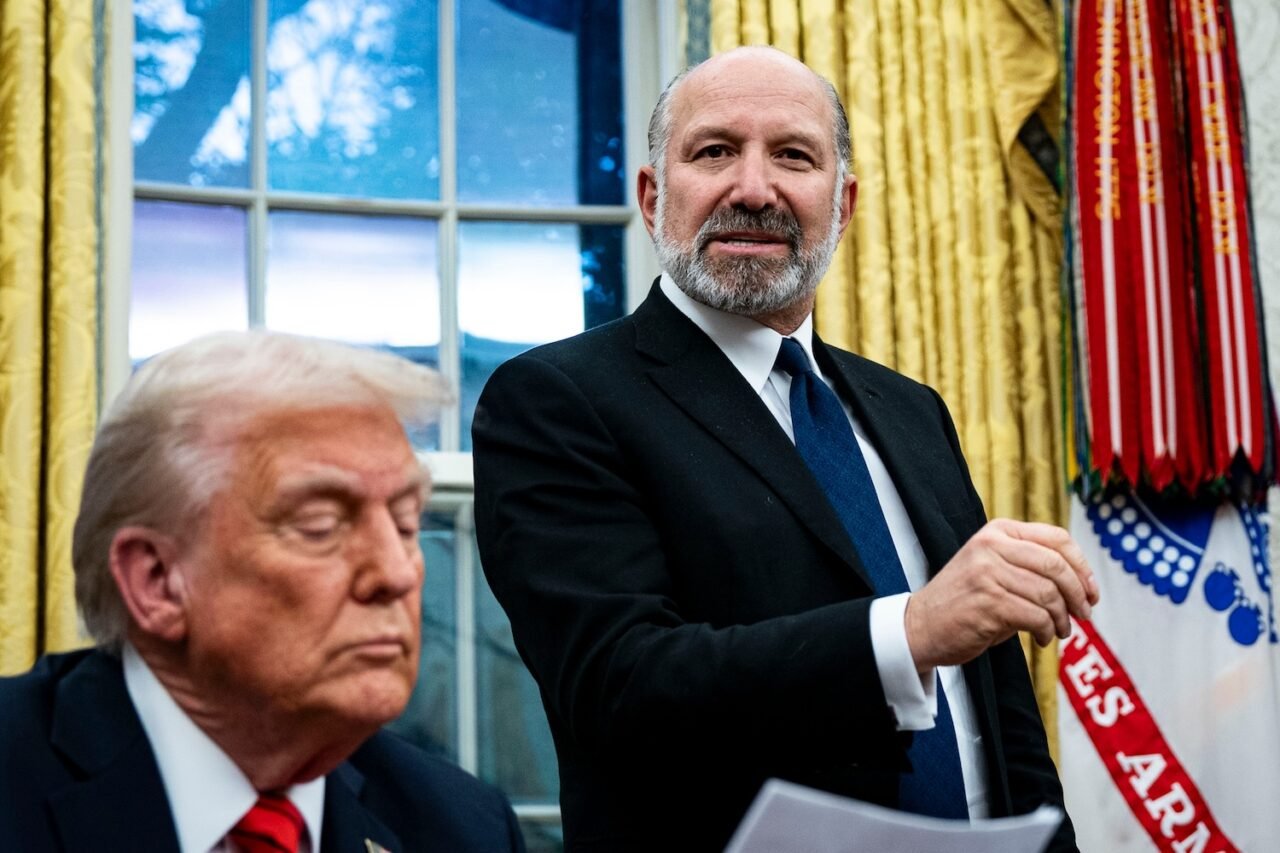URGENT UPDATE: The sons of Trump’s Commerce Secretary, Howard Lutnick, are reportedly profiting from the booming data center industry as the U.S. government pushes to expand artificial intelligence (AI) infrastructure. New reports from the New York Times reveal that Kyle Lutnick, 29, and Brandon Lutnick, 27, are deeply involved with Fermi America, a company at the forefront of this industrial surge.
As the AI sector races to scale operations, data centers are emerging as critical support structures. Authorities have confirmed that these facilities are essential for hosting the cloud services powering generative AI applications. The Lutnick brothers, who manage their family’s firm, Cantor Fitzgerald, are said to be raising significant capital for Fermi’s new data center project in Texas, aiming to capitalize on the AI boom.
In July 2023, Kyle Lutnick was seen touring a proposed site for the new data center, meeting with Fermi’s co-founder and billionaire CEO, Toby Neugebauer. The relationship between Cantor Fitzgerald and Fermi has reportedly generated millions in fees, raising eyebrows among officials at the Commerce Department, as the Lutnicks’ business dealings intersect with government initiatives.
The partnership between Fermi and the Japanese firm Doosan Enerbility has also been highlighted. This collaboration aims to leverage nuclear technology resources in support of Fermi’s long-term strategy, aligning with the Trump administration’s push to modernize energy regulations amid the growing demand for AI infrastructure.
In an official statement, a White House spokesperson emphasized, “The only special interest guiding Secretary Lutnick and the rest of the Trump administration’s decision-making is the best interest of the American people.” However, the New York Times indicates that the intersection of family business and government policy has raised significant concerns among high-level staff members.
The Trump administration has consistently backed the AI industry, launching initiatives like the Stargate Project to bolster AI infrastructure across the U.S. In July, an executive order expedited federal permitting for data center construction, further facilitating the rapid growth of this vital sector. Furthermore, the administration has undertaken steps to modernize regulations affecting the nuclear industry, a key component in managing AI’s substantial energy consumption.
As these developments unfold, the implications for both the tech sector and government oversight are profound. The public is increasingly aware of how closely intertwined personal interests and governmental decisions can be.
WHAT’S NEXT: Eyes will remain on the Lutnick family’s activities as they navigate the intersection of business and politics, particularly in light of ongoing federal efforts to shape the future of AI in America. With more data centers being planned and constructed, the Lutnicks’ financial involvement in this sector will likely attract further scrutiny and discussion.
Stay tuned for updates on how this situation evolves and the potential ramifications for the AI industry and U.S. policy.



































































